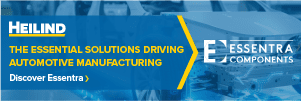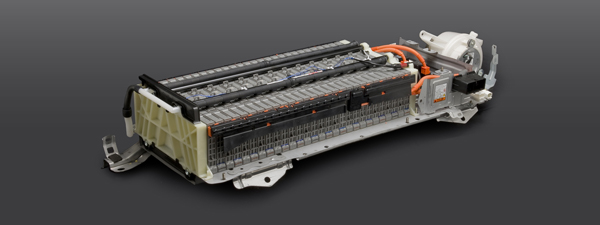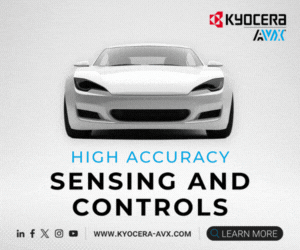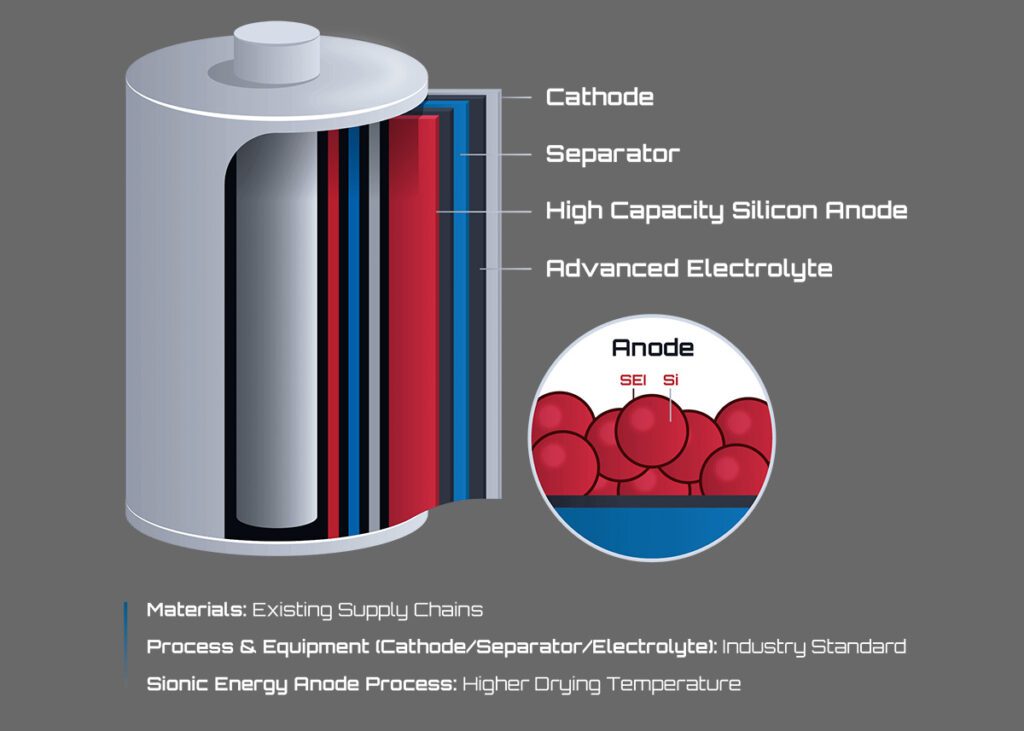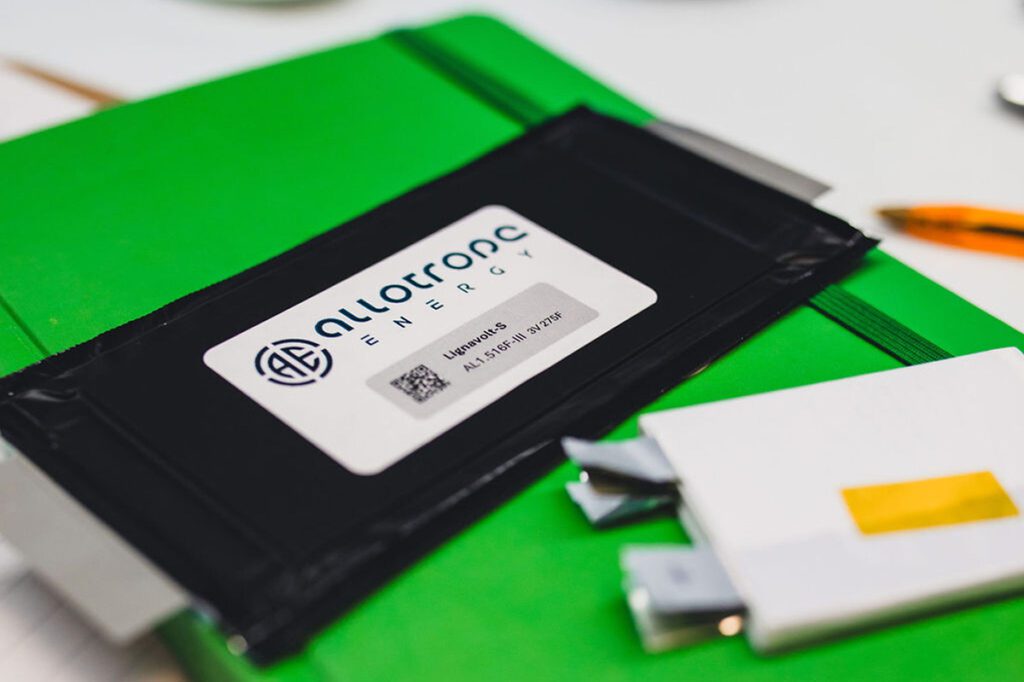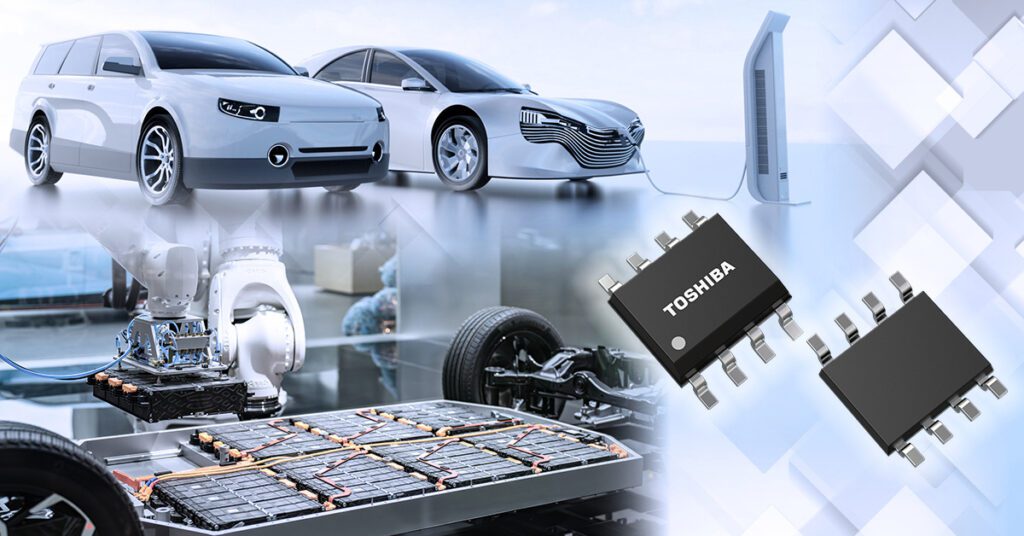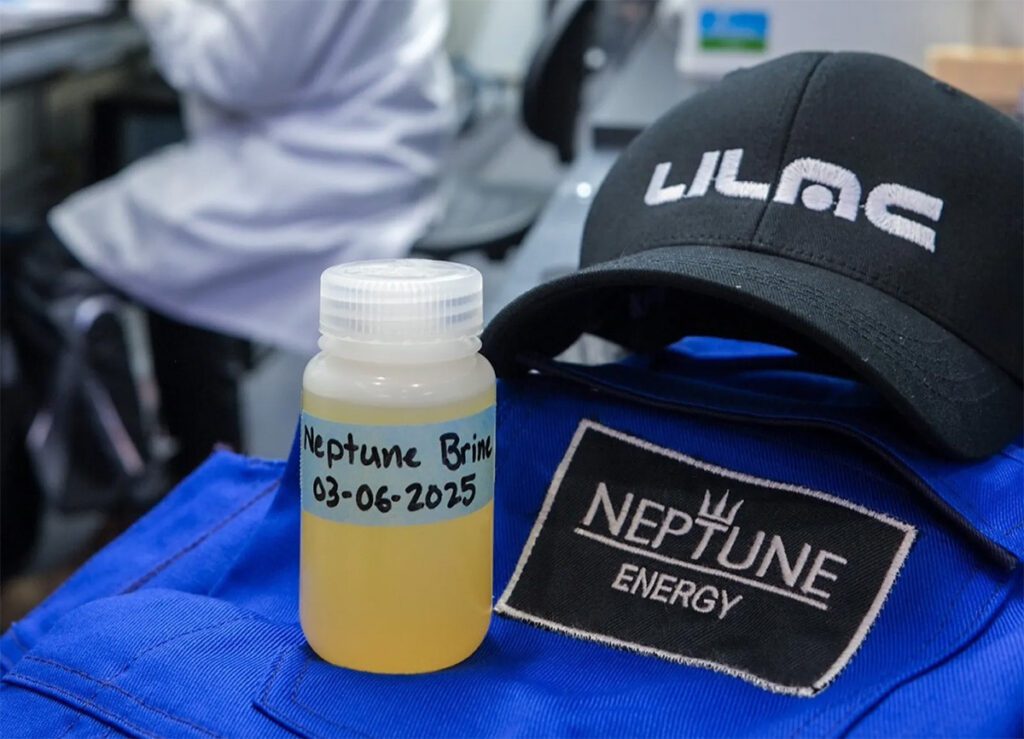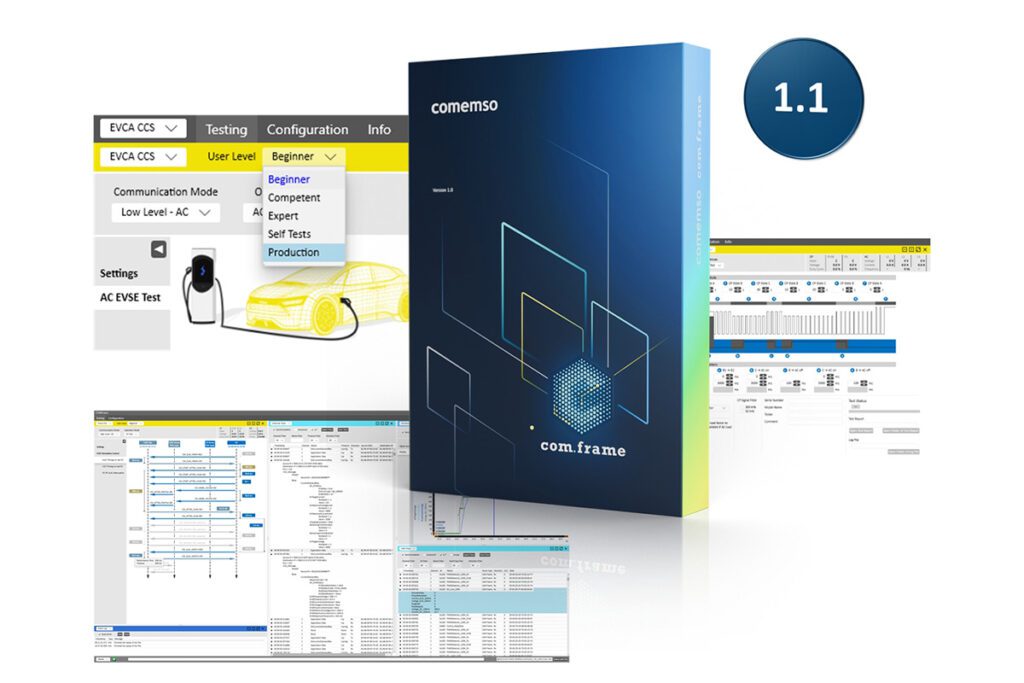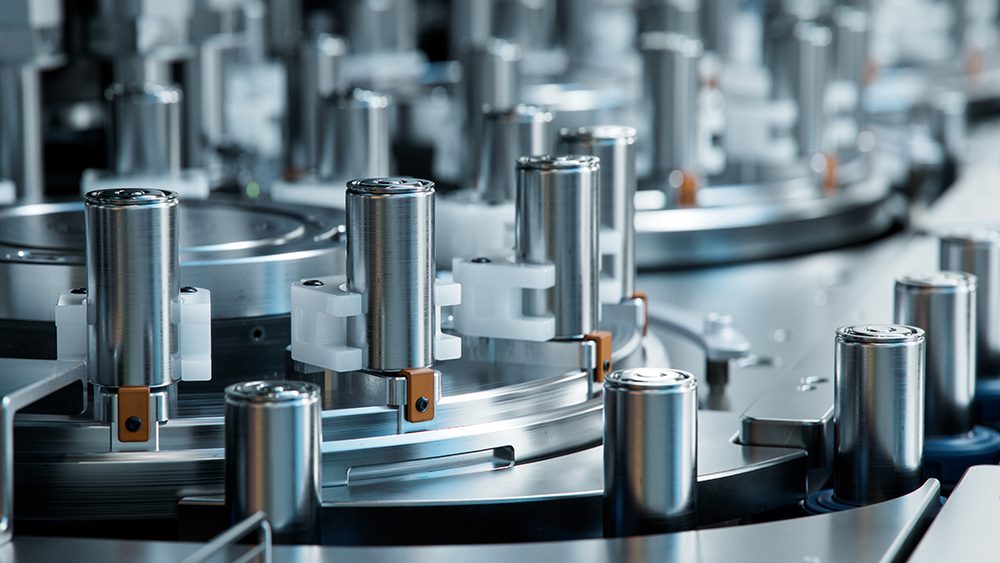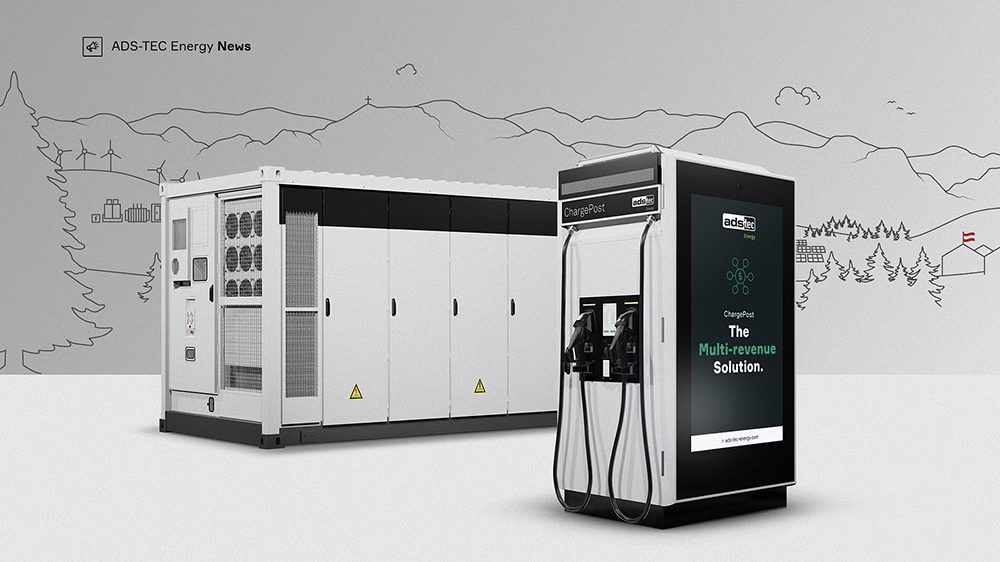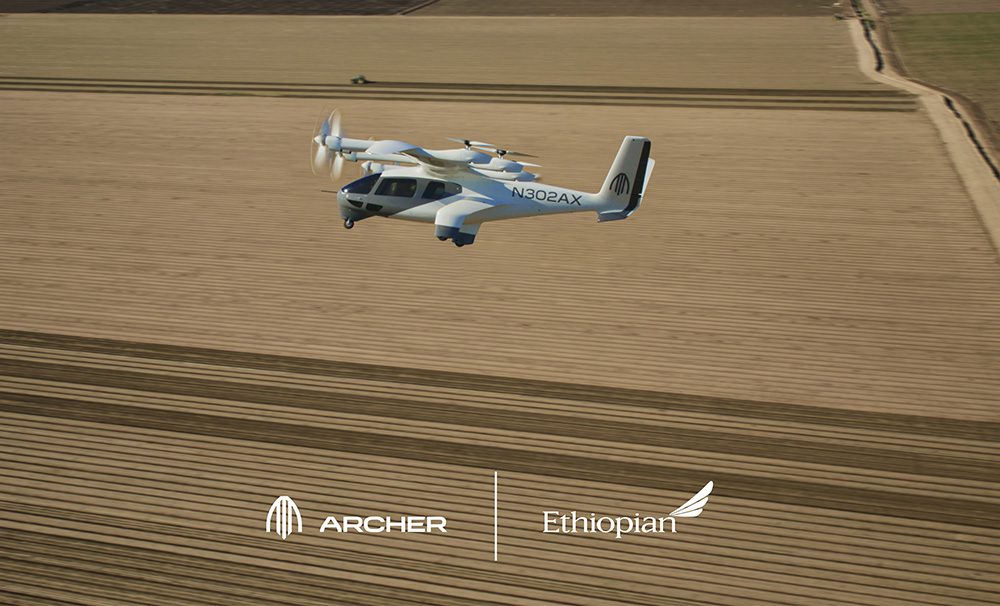Toyota and Panasonic plan to build a new $194-million production line to produce Li-ion batteries, with a capacity of 200,000 units per year.
Toyota, by far the largest seller of hybrid vehicles, still uses nickel-metal hydride batteries in most of its models, but it appears that it will soon be phasing in the newer lithium-ion technology, which offers lower weight and higher energy density.
The Japanese business daily Nikkei reported that Toyota and Panasonic plan to build a new $194-million production line to produce Li-ion batteries, with a capacity of 200,000 units per year. It would seem that the company plans a gradual transition, as it sold 1.2 million hybrids in 2012. A Toyota spokesman declined to comment on whether the next generation Prius will use a lithium ion-battery.
Toyota explored using lithium-ion batteries when developing the third-generation Prius, according to Green Car Reports, but admittedly pursued the wrong sort of lithium-ion chemistry, decided that it wouldn’t be cost-effective, and has continued to use nickel-based batteries for most of its hybrid lineup (the new Prius V is offered with lithium batteries in some markets, but the US version still uses nickel).
Whatever the merits of Toyota’s battery strategy, it seems to be working – the five-millionth Toyota hybrid was delivered in March.
Image: Toyota (3rd Gen Prius HV Battery)
Sources: Nikkei, Reuters, Green Car Reports






